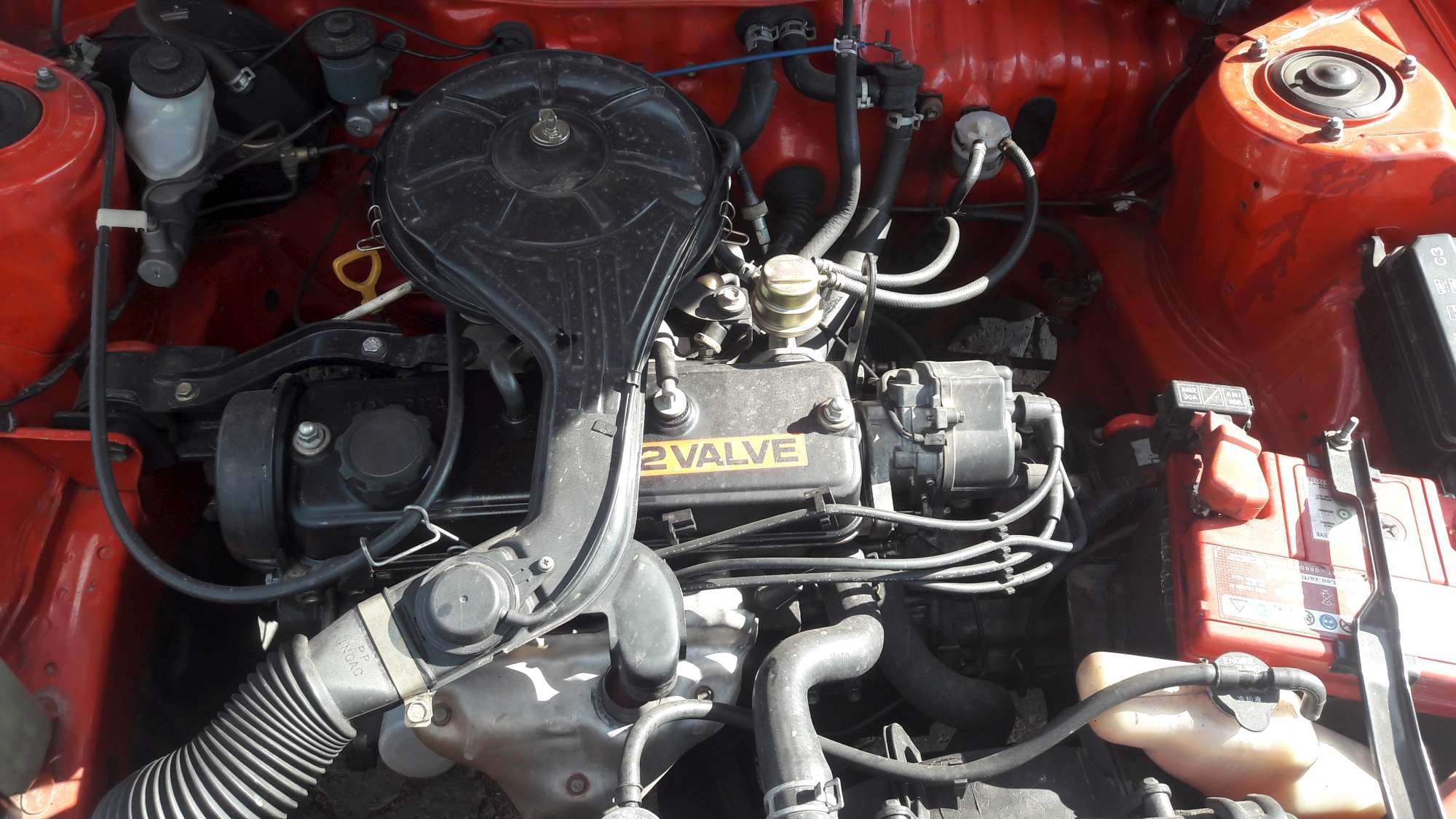Engine Acquiring Expert Tips on Selecting the Right Engine for Your Details Demands
Picking the best engine for your details demands involves an intricate interplay of variables that go past mere horsepower figures. From power outcome to sustain efficiency, the decision-making procedure can be discouraging. Comprehending the nuances of engine kinds, dimensions, and their compatibility with your car is important. Nonetheless, there are experienced suggestions that can help navigate this terrain with self-confidence. By diving right into the ins and outs of power versus efficiency, evaluating gas ratings, and budgeting for long-lasting prices, one can absolutely enhance their engine option.
Power Vs. Efficiency: Finding the Balance

When choosing an engine, it is vital to strike an equilibrium between power and efficiency to meet your particular demands successfully. Power describes the engine's ability to produce power for propulsion, determining elements like acceleration, pulling capacity, and total performance (Toyota Tazz Engine For Sale). On the various other hand, efficiency associates with exactly how well the engine makes use of fuel to produce power, influencing factors such as gas economic situation and environmental kindness
Accomplishing the appropriate balance in between power and effectiveness is essential since an engine that is too powerful might eat extreme fuel, resulting in higher operating expenses and unneeded strain on the setting. Conversely, an engine that prioritizes effectiveness over power might cause slow-moving performance, especially popular situations like lugging hefty loads or driving uphill.
To make an educated decision, take into consideration variables such as your common driving conditions, the designated use the automobile, and your personal choices. By evaluating your concerns and demands, you can pick an engine that strikes the excellent balance in between power and performance, guaranteeing optimal performance while minimizing environmental influence and operating expenses.
Understanding Engine Size and Type

Additionally, engine type plays a vital duty in establishing the efficiency attributes of an engine. Common engine types consist of inline engines, V engines, and rotary engines, each with its one-of-a-kind benefits and downsides. The engine type impacts elements such as the engine's dimension, weight circulation, and power shipment. Understanding the interplay in between engine dimension and kind is important in choosing an engine that straightens with your certain needs and priorities, whether it be power, performance, or an equilibrium of both.
Consider Your Vehicle's Demands
Considering your vehicle's requirements is a basic action in the engine selection procedure to make certain ideal efficiency and capability. It is necessary to evaluate variables such as the planned use the vehicle, its weight, pulling capacity, and fuel effectiveness demands. If you are looking for an engine for a heavy-duty truck that will certainly be used for towing, you will require a powerful engine with high torque capabilities. On the other hand, if you are choosing an engine for a portable vehicle largely utilized for city travelling, gas efficiency may be a more important factor to take into consideration.

Assessing Gas Effectiveness Scores
Examining gas effectiveness rankings is a crucial element of picking the best engine for your lorry, making certain price savings and environmental sustainability. Gas effectiveness scores, usually gauged in miles per gallon (MPG) for gas engines you can find out more or kilowatt-hours per 100 miles (kWh/100 miles) for electric engines, show just how much an automobile can take a trip on a particular amount of fuel or electrical energy. Higher MPG or reduced kWh/100 miles values signify a lot more reliable engines, translating to lowered gas expenses and lower carbon discharges.
When evaluating fuel efficiency ratings, consider your driving habits and requirements. If you commute fars away daily, a highly fuel-efficient engine can lead to considerable cost savings over time. In addition, contrast various engine choices within the same car course to identify one of the most cost-effective choice. Factors such as engine size, weight, aerodynamics, and hybrid or electric abilities can all influence gas efficiency.
Budgeting for Long-Term Costs
Tactically preparing for long-term expenses is essential when choosing an engine, guaranteeing financial sustainability over the lorry's life expectancy. While the initial acquisition rate of an engine is a considerable element, it is critical to take into consideration the long-lasting costs linked with maintenance, repair work, and fuel intake.
Moreover, researching the availability and expense of substitute components for the picked engine is important in budget planning. By meticulously budgeting for these lasting expenditures and factoring them into the decision-making process, people can choose an engine that not only satisfies their instant requirements but also continues to be economical throughout its lifespan.
Conclusion
To conclude, choosing the best engine for your details demands calls for stabilizing power and effectiveness, understanding engine size and kind, considering your vehicle's requirements, examining gas effectiveness scores, and budgeting for long-lasting expenses. By meticulously taking into consideration these variables, you can make sure that you select an engine that meets your requirements and gives optimum performance for your vehicle.
To better improve the option procedure of an engine that strikes the optimum balance in between power and performance, it is vital to delve into the details of understanding engine size and kind. Engine dimension refers to hop over to these guys the overall quantity of air and gas that can be pressed through the engine cyndrical tubes. Usual engine kinds include inline engines, V engines, and rotating engines, each with its unique advantages and drawbacks. Comprehending the interplay in between engine dimension and type is essential in selecting an engine that aligns with your specific needs and priorities, whether it be power, efficiency, or a balance of both.
Fuel efficiency scores, generally determined in miles per gallon (MPG) for gas engines or kilowatt-hours per 100 miles (kWh/100 miles) for electrical engines, show how far an automobile can take a trip on a specific amount of gas or electricity.